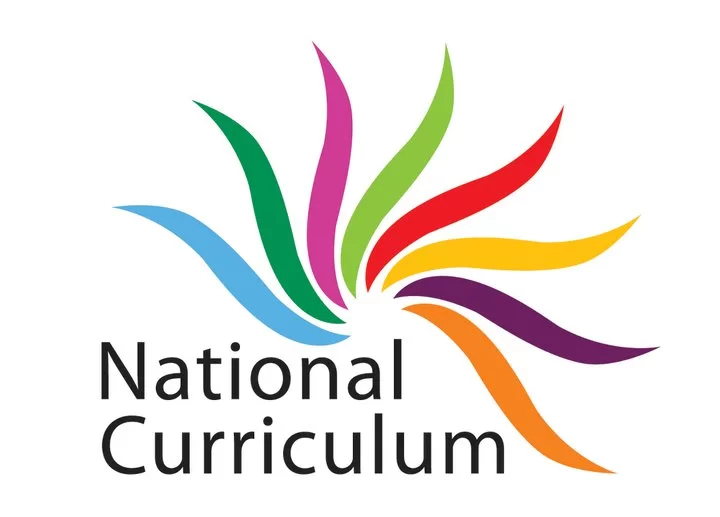National Curriculum for Early Childhood Care and Education 2024

- 20 Apr 2024
Why is it in the News?
For the first time ever, the Central government has released a curriculum advisable to be taught to children aged three to six years old, thus giving an impetus to pre-school learning in 14 lakh anganwadis across the country.
About National Curriculum for Early Childhood Care and Education 2024:
- The National Curriculum for Early Childhood Care and Education 2024 introduces Aadharshila, a comprehensive 48-week curriculum tailored for children aged three to six years attending anganwadis.
- Developed through collaboration among the Ministry of Women and Child Development, the Ministry of Health and Family Welfare, the Department of School Education and Literacy, the Ministry of Education, the NCERT, the Institute of Home Economics at Delhi University, and civil society organizations, Aadharshila serves as a foundational learning framework.
??Key Features:
- The curriculum introduces a weekly play calendar, initiating with four weeks of academic activities facilitating the transition from home to Anganwadi centers through engaging play.
- Over the subsequent 36 weeks, children engage in diverse activities such as storytelling, rhymes, arts, and crafts, fostering exploration, free play, conversation, creation, and appreciation.
- Storytelling themes promote values like conflict resolution, responsibility, and cooperation.
- Children delve into topics including colors, shapes, numbers, senses, family, and friends, enhancing skills in listening, following instructions, counting, and recognizing sounds, alongside exploring themes like seasons and festivals.
- The final eight weeks focus on reinforcing previous learnings through worksheets and performance observation.
- Activities and timetables are age-specific, with detailed material requirements, variations, teacher notes, curricular goals, and competency assessments.
- The curriculum spans three years, targeting at least 48 weeks of learning, fostering skills crucial for Grade 1 transition such as listening, vocabulary, imagination, and social development.
- Special provisions ensure screening, inclusion, and referrals for children with disabilities in all activities.
- The national framework lays the foundation for states to develop culturally relevant curricula, addressing future schooling challenges effectively.
